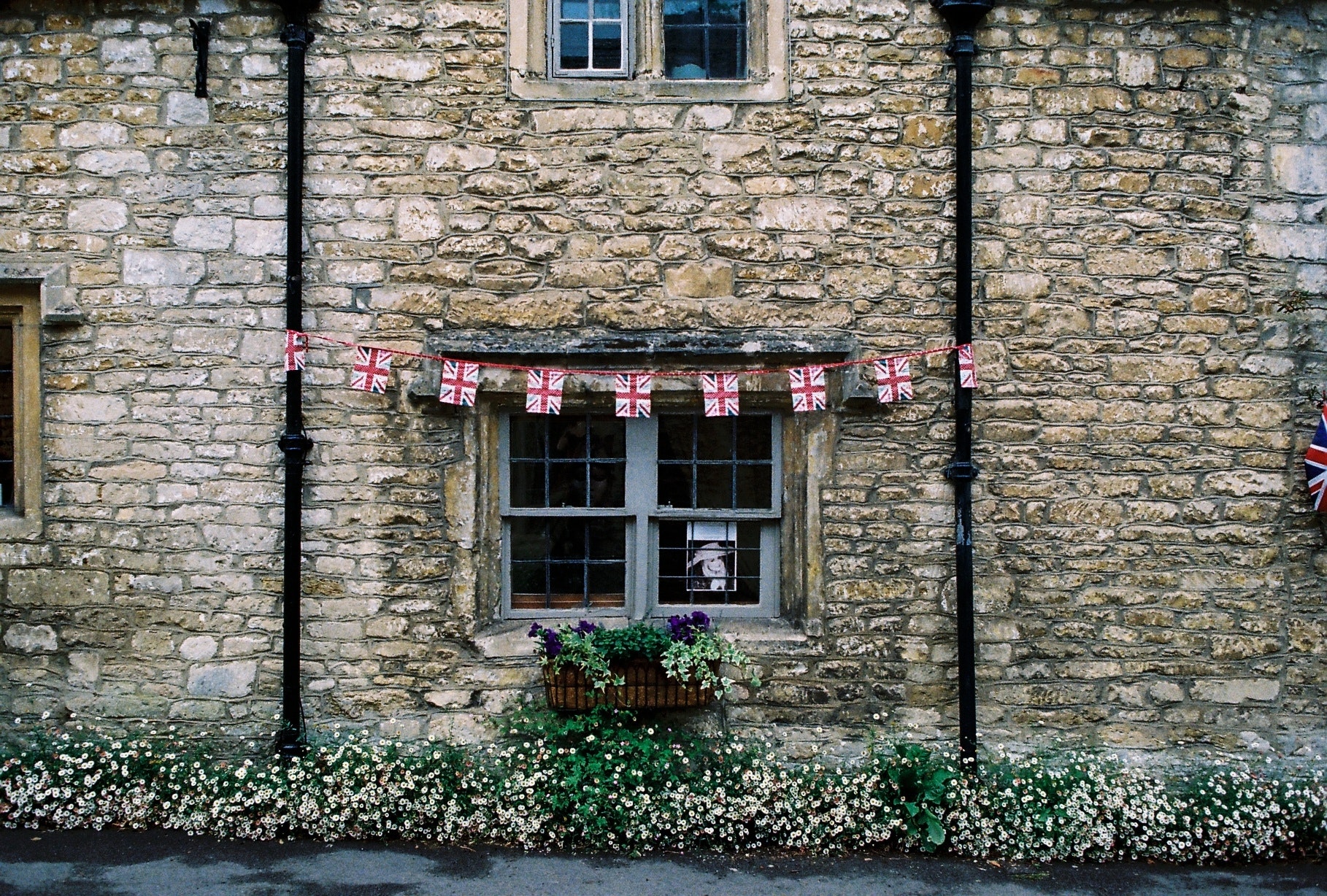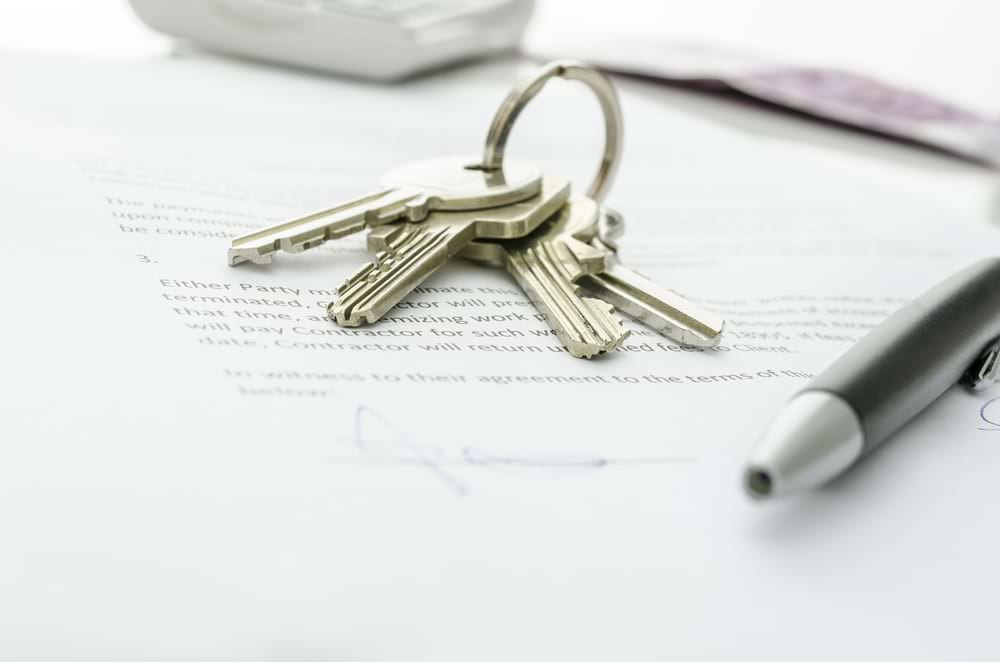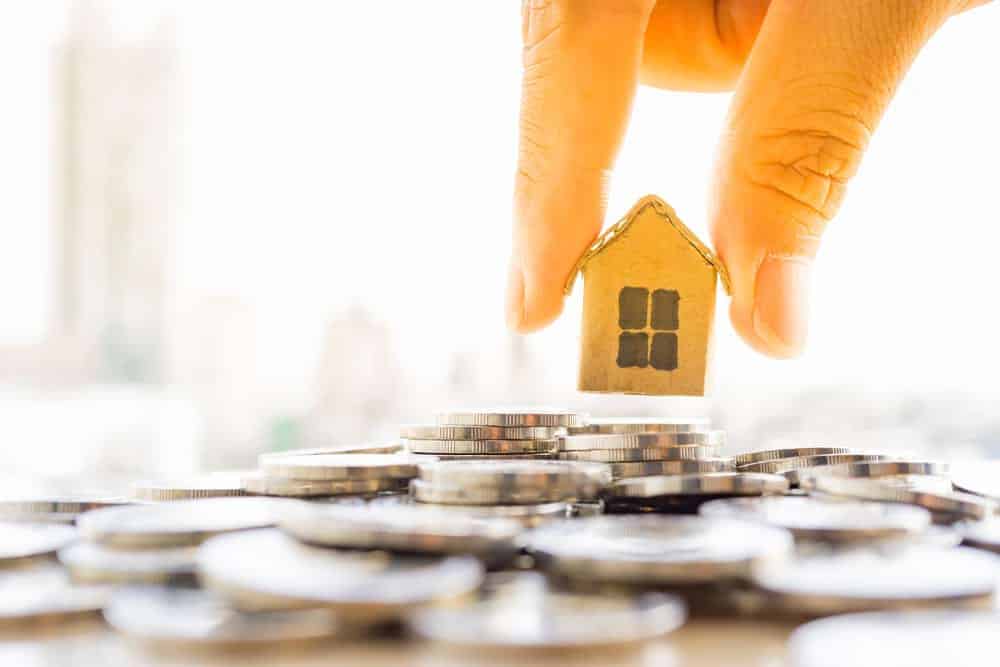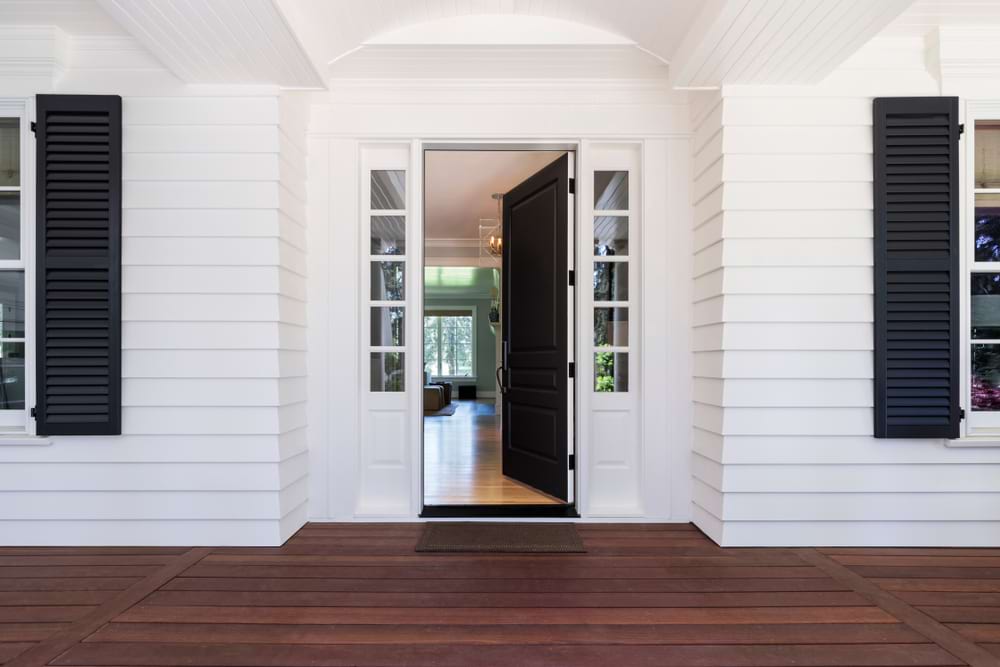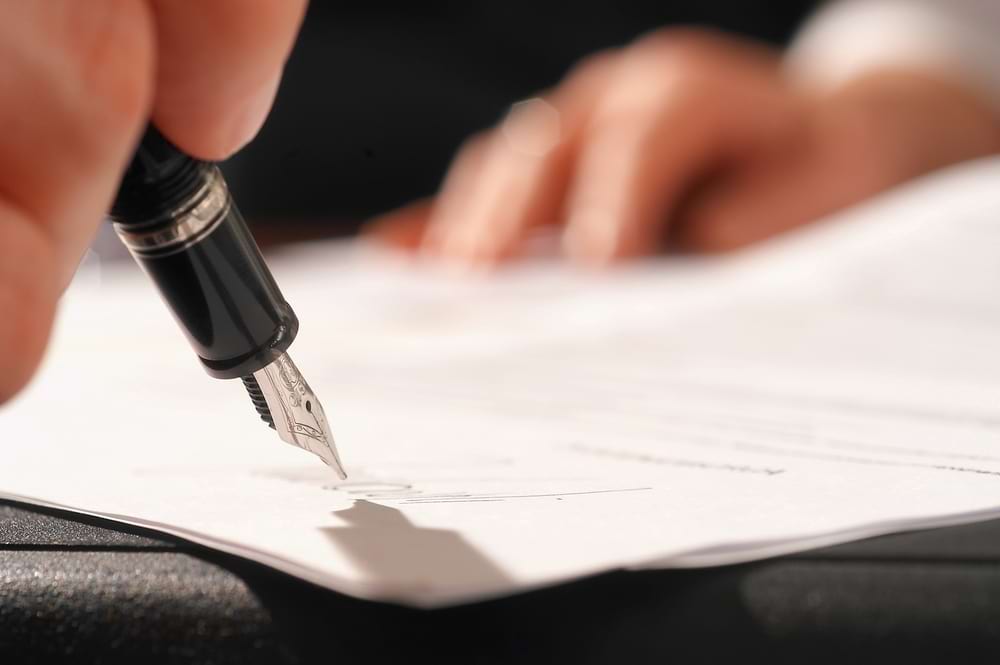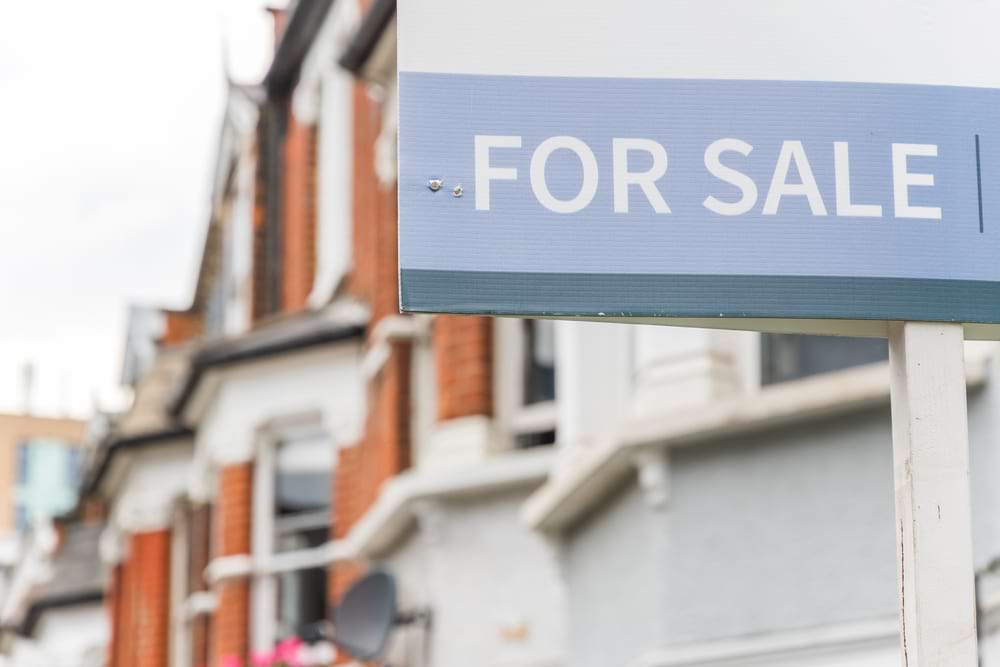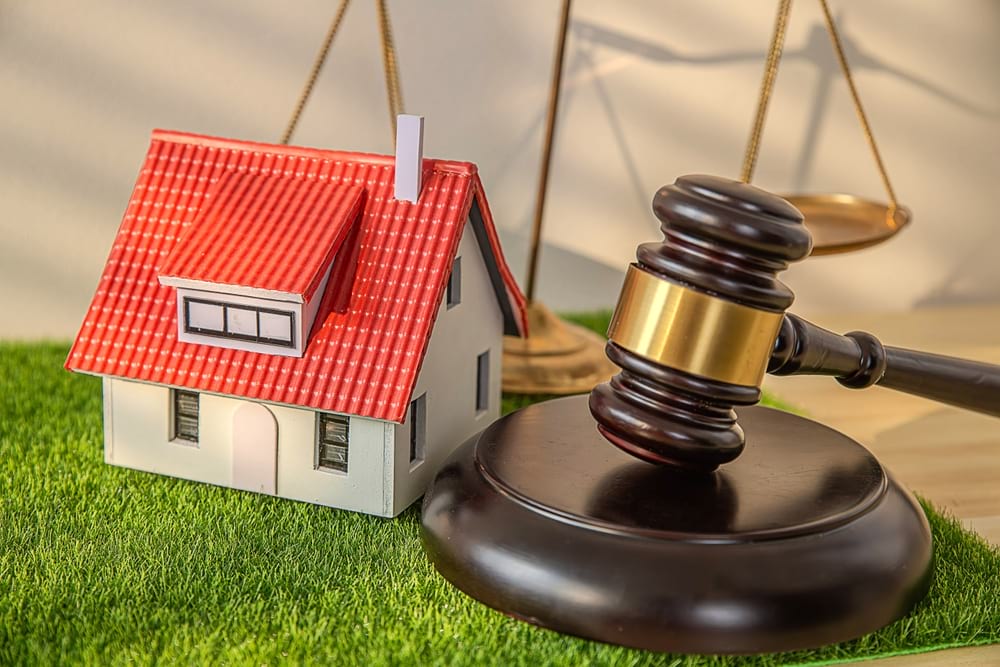There are multiple steps involved in selling your house.
There’s jargon to decipher, paperwork to fill out, valuations, viewings, and much more.
So, mistakes are easily made – this can hold up the sales process.
Read on to find out more about what you need and need to know to sell your house.
What should I know when selling my home?
Selling a home is not something that happens in a matter of days.
For a start, finding a buyer can take over a month. The rest of the sale process can take several months.
There can also be a lot of energy and stress involved.
For example, you will should prepare for low offers. Since most buyers will try to negotiate on the asking price, some sellers list at a price that will invite offers, whilst leaving some room for negotiations.
Whether or not you end up with your asking figure will depend on more than your pricing strategy.
The market can play a big part, which is why it’s useful to find out if you are in a seller’s or buyer’s market, so you can decide if it’s a good time for you to sell.
What should I fix before selling a house?
Small fixes can make a property more desirable when it comes to selling.
Most buyers look for a house with few repairs, and if a home inspector finds an issue the buyer was not expecting, it can cause them to walk away.
Avoid this with some of the most important fixes before selling a house:
Kitchens and bathrooms
With plumbing and electricals to consider, there is a higher chance of damage in your kitchen and bathrooms than in other rooms. Double-check the condition of your appliances if they are part of the sale and fix any leaks if necessary.
Cabinets and drawers should open and close smoothly, and water should run leak-free with all drains operating freely. Hot and cold taps should work as marked.
In the bathroom, everything from the showerhead to the exhaust vent needs to be in good condition, but small fixes like replacing damaged shower tiles can also help.
Home interior
Minor repairs include nail holes, dents in the drywall and repainting walls where signs of water damage are still evident after repair. In fact, painting is one of the most affordable ways of improving the condition of a room.
From carpet to original flooring, replace damaged tiles and refinish hardwood floors that need repair. Steam clean tired-looking carpets before you start the process of selling a house.
The boiler, radiators, and smoke detectors should be in good working order (smoke detectors should also be less than 10 years old).
Home exterior
First impressions are everything. Give your home the best chance of attracting offers with minor repairs to the exterior. This could be painting the front door, window frames and garage door, and replacing any broken or blown windows.
Check the condition of your roof as this is another important part of selling a house; any signs of water damage are cause for concern. Fix any damage to the roof before you invite offers or it may pose serious issues that deter potential buyers.
The garden is another important fix. Cut bushes back, clean the patio and any outdoor furniture before mowing the lawn. A tidy garden is unlikely to add much value to your home, but it will allow potential buyers to imagine themselves living in it.
Of course, if you don’t want to put in the time and money required to make these fixes, then there are other options. As a cash house buyer, We Buy Any Home will purchase your property from you, no matter its condition – which can save you lots of effort and stress.
What not to fix when selling a house
In many situations, there are also things not worth fixing when you sell a house.
It often depends on yours or your buyers’ circumstances. For example. while some buyers prefer move-in-ready homes, others seek fixer-uppers for renovation projects.
Understanding your target buyer’s preferences will help you determine which repairs are worthwhile.
Steps on how to start selling my house
1. Know your finances
Unsurprisingly, the first step to selling your home is all about money. Start by crunching the numbers to see if you can genuinely afford to sell your property and move into another.
You may have an early repayment charge to pay if you are still within an existing mortgage term or other fees for taking the mortgage to a new property – this process is called porting.
If you are planning on moving into a more expensive property, find out how much you can borrow and shop for the best deal.
Which.co.uk estimates that the average total cost for selling your home with a high street agent is between £5,097 – £8,032, though this can be considerably higher.
If buying a new home, you will also need to factor in the cost of stamp duty, so running the numbers first is advisable.
2. Staging your property
The fixes we already mentioned will improve the condition of your home so it is ready for valuation.
Repairs go a long way, but so does staging your property.
Clear any clutter and a potential buyer can imagine themselves living there, and how they will use the space.
Don’t forget to spruce up the garden before your valuation so your home looks its best inside and out. This is part of improving its curb appeal, which in turn is a vital part of staging.
3. Get the correct documentation
You will need the correct documentation available to you to ensure a swift, pain-free sale of your property. See the section below for more on this.
What are the documents required to sell a property?
Management information pack
Your management information pack holds important information that can influence whether or not your buyer decides to purchase the house. You should obtain this pack as soon as possible, because it can often take a few weeks to arrive.
This pack holds information on:
- The draft contract
- Title deeds (these are essential to completing a house sale)
- Property information
- Fixtures and fittings
You can obtain the management information pack through your solicitor, or you can acquire it for yourself through the freeholder or your managing agent.
Proof of identity
To sell your property, it is essential that you prove your identity. You’ll require documents that confirm your address and your identity.
For example, many house sellers use a utility bill or a bank statement to prove their address (as long as it is dated within the last three months) and a photo ID.
Property title deeds
You will need to have the original property title deeds if you want to sell your property. These documents are critical because they officially state the chain of ownership of your house.
That is why, if you do not have these deeds, you should find out whether they are digitally registered with HM Land Registry under your name.
While you can access the property title deeds inexpensively, you should order them as soon as possible, because other house sellers will be applying for theirs, too, which slows down the process.
Energy Performance Certificate
You need to provide clear information on the energy performance of your property when you sell it. This data is included in an Energy Performance Certificate (EPC).
You are legally required to have this document when you sell a property, so make sure you don’t overlook its significance.
Leasehold or freehold documentation
When you are selling your property, you are required to provide either a shared certificate, or a lease, depending on the type of agreement you have.
TA10 form
The TA10 from (also known as fittings and contents form) makes sure that there is complete clarity about what is being included in the sale of your property.
For example, this form will specific whether the curtains are incorporated into the sale price.
This form guarantees a clear understanding from both parties by outlining what is being left to the buyer, throughout each room of the house.
For example, if your property has a large garden, then the form will outline the contents of this area, and what is being left to the buyer.
Property Information Form
You need to give yourself lots of time to fill out the property information form when selling your house. It is a large and time-consuming document to complete – but it is required in the UK when selling your house.
Your property information form covers:
- Current tenants
- Boundaries
- Ongoing complaints and disputes
Set aside enough time to fill out this document in detail. If you don’t, then your house sale will take longer.
FENSA Certificate
The FENSA certificate is relevant to you if you have had replacement windows or doors since 2002.
If you have only lived in the home since a year after 2002, then you should check the records of your property to find out if this work has taken place. In most instances, the previous owner of your house will have left the certificate upon the sale of the home, when you bought it.
Boiler documents
You require documentation when selling your house if you, or a previous owner, has replaced the boiler. For example, you will often have to provide a gas safe certificate.
The buyer of your property may also ask for an up-to-date service to be carried out, if you are unable to provide the required boiler documents which prove the property has been regulated and tested.
Electrical documents
It is important that you provide any electrical documents when selling your property. These documents should detail, for example, any rewiring or electrical replacements.
You should be able to find an electrician who can supply the building regulations compliance certificate, or an electrical safety certificate, for you to pass on to the new owner(s) of your property.
Alterations and extension documents
You will require documentation when selling your house which shows that any extensions or alterations made to your house were done so while adhering to the correct legal process.
For example, these documents may need to provide that you got building regulation approval, and planning permission, before any renovations took place.
Of course, not all renovations require permission, but you should always aim to be ‘in the know’ from the offset to prevent any delayed sales.
Mortgage details
You are required to provide details about your existing mortgage when selling your house. This documentation should include details of your account, as well as the amount that is still owed on the mortgage.
You should give details of any extra loans or charges registered to your home.
Acceptance of offer
Once you have completed the sale of your property, your solicitor/conveyancer will draft up a document stating the acceptance of the offer. You need this document to ensure your sale goes through.
Sell your house easily
We Buy Any Home offers a convenient, quick way to sell your house. We are a cash house buyer that sells your property quickly in any timeframe. No fees, no hassle and no delays.
You can trust us with a smooth and quick sale of your property and this expands to selling a house with tenants.
Get in touch and we’ll happily run you through the process.
